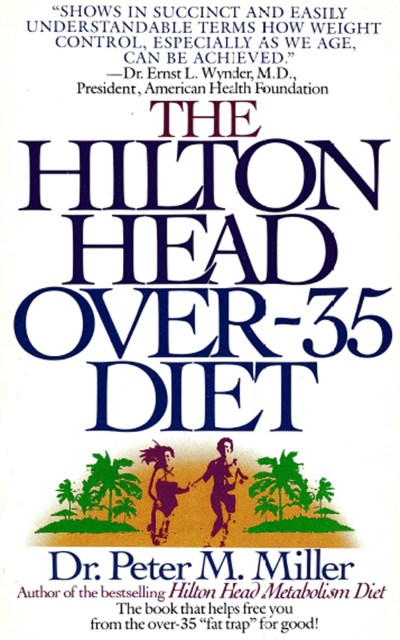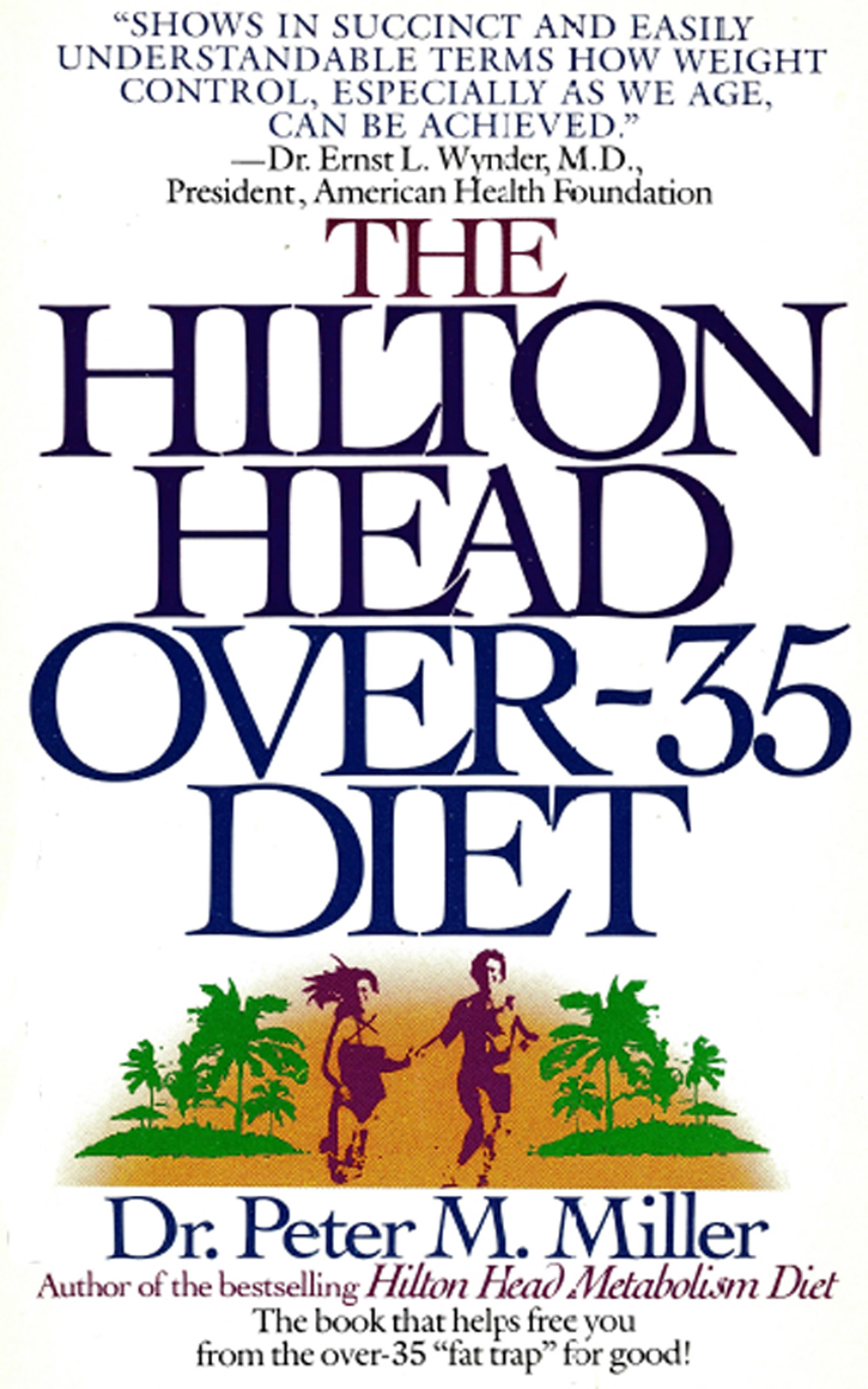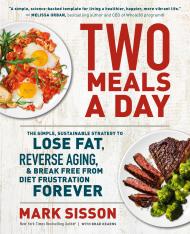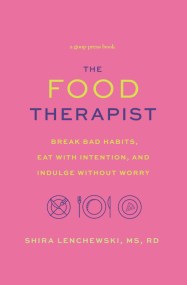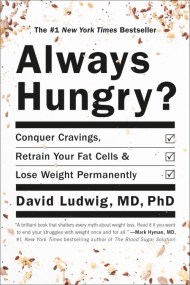Promotion
Use code MOM24 for 20% off site wide + free shipping over $45
The Hilton Head Over-35 Diet
Contributors
By Dr. Peter M. Miller
Formats and Prices
Price
$9.99Price
$12.99 CADFormat
Format:
ebook (Digital original) $9.99 $12.99 CADThis item is a preorder. Your payment method will be charged immediately, and the product is expected to ship on or around November 29, 2009. This date is subject to change due to shipping delays beyond our control.
Also available from:
Genre:
- On Sale
- Nov 29, 2009
- Page Count
- 212 pages
- Publisher
- Grand Central Publishing
- ISBN-13
- 9780446571265
Newsletter Signup
By clicking ‘Sign Up,’ I acknowledge that I have read and agree to Hachette Book Group’s Privacy Policy and Terms of Use
